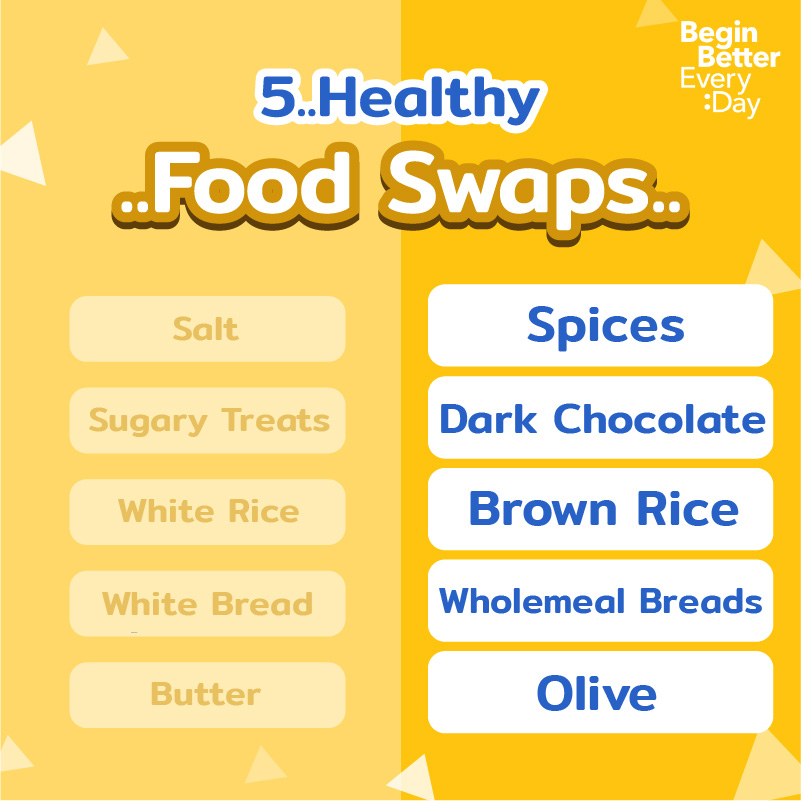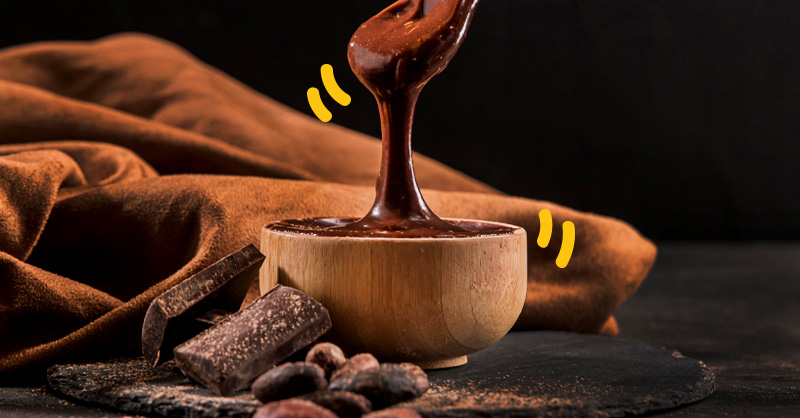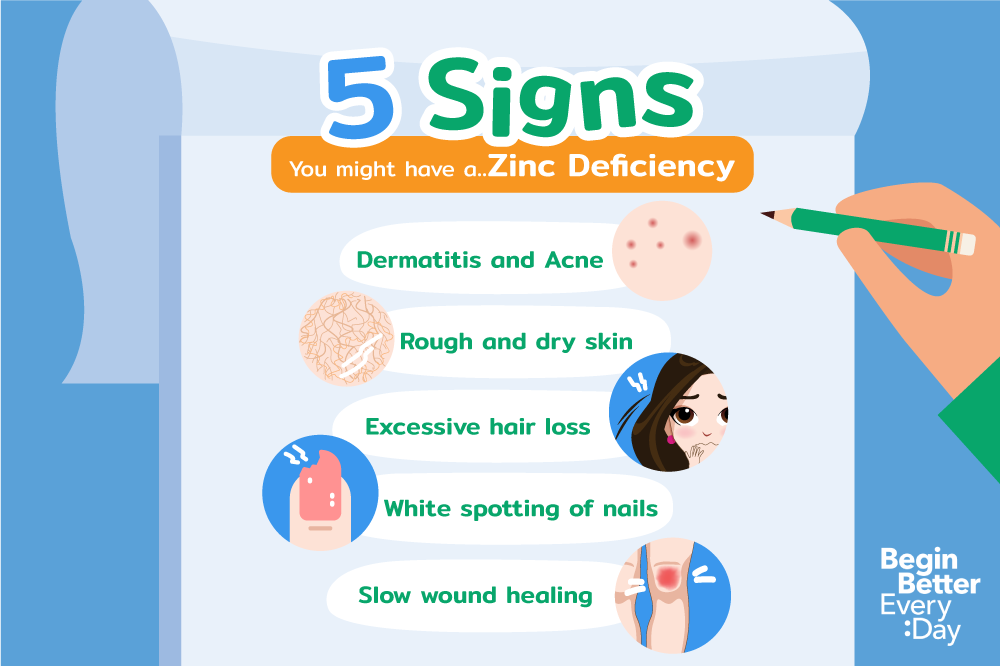We’ve all heard the saying “You are what you eat”. Here’s 5 easy recipes and our top tips to improve what you put on your plate every day to help you reach your optimal wellbeing.
Every day healthy food swaps
1. Swap ‘bad’ fats, for ‘good’ fats
Including fat in your diet is important – but you need to make sure it’s the right type of fat!
Saturated, and trans fats, also known as ‘bad’ fats - may impact your heart health, and have an effect on cholesterol levels. These fats are commonly found in baked foods like pies, cakes biscuits and pastries, and deep fried foods - as well as being found in full-fat dairy products and fatty cuts of meat
Monounsaturated fats tend to have a beneficial effect on cardiovascular health. As do omega-3 fats – which may also help to reduce inflammation in the body and support joint and brain health.
Monounsaturated fats are found in foods like avocado, nuts and olive oil. While omega-3 fats are found primarily in oily fish such as salmon, tuna, mackerel and sardines.
Here are some easy swaps to help you cut the bad fat, an up your intake of good fats:
• Swap butter and margarine, with olive oil
• Swap fatty cuts of red meat, with salmon fillets
• Swap potato chips, with a handful of nuts or make your own kale chips
2. Swap refined grain products, for wholegrain foods
Foods like white bread, cakes, pasta, muffins, biscuits, many breakfast cereals, and white rice are made from refined grains, which means the bran and germ layers are removed – which in turn means the grain loses most of its fibre, vitamins, minerals, and phytochemicals.
Wholegrain foods have been shown to be a beneficial inclusion in your diet for a wide variety of health conditions including cardiovascular health, weight management, and bowel health.
Get the benefits of whole grains by trying the following swaps:
• Swap your white bread for wholemeal, grainy or ‘seedy’ breads
• Swap white rice, for brown rice
• Swap white pasta, for spelt pasta
3. Swap sugary treats, for dark chocolate
We all know that sugar isn’t great for us – and that in the past few years eating too much sugar has been linked to everything from obesity and heart disease to dental cavities.
Sugar can also have a direct effect on skin aging through a process called glycation.
Sugar causes ‘cross-links’ to form between collagen, or elastin fibres, which can affect the youthful appearance of skin.
So instead of reaching for the Tim-Tam’s or Dairy Milk chocolate next time you need a little sweet treat – try some dark chocolate instead.
Research suggests that 1 serving of dark chocolate (which is 20g) every 3 days, may help to reduce inflammation in the body.
4. Swap salt, for spices
While salt is delicious, and a little is good for our health – most Australians eat too much of it.
A high salt diet has been linked to a variety of health conditions including poor heart health and fluid retention. While a low-salt diet may be cardio protective.
Try swapping your salt for spices when cooking and adding flavour to your meals – add big flavours like garlic, chilli, ginger and turmeric.
For something a little more subtle try adding some dried parsley, oregano, thyme, dill, basil or a herb mix to your meals. Fresh lemon or lime juice squeezed over meals is also a great flavour enhancer.




















































